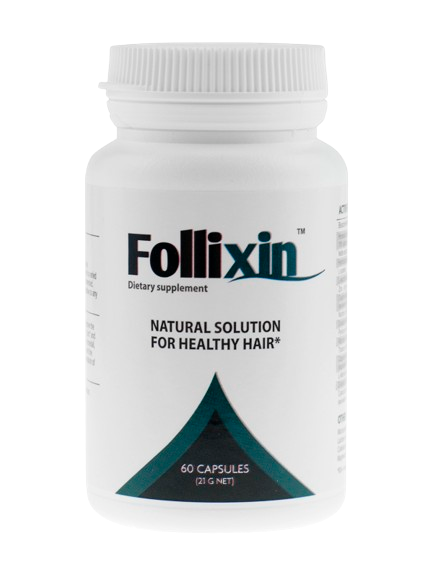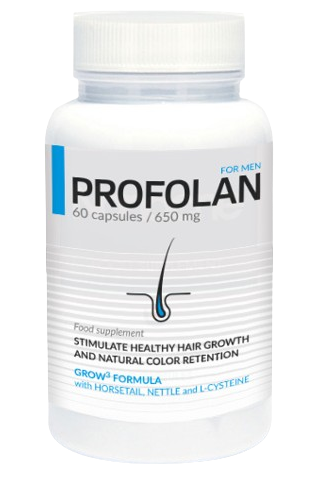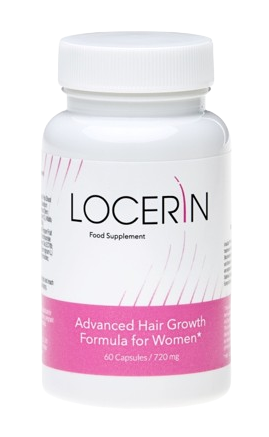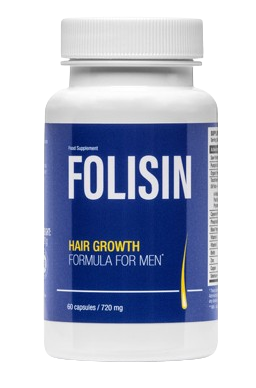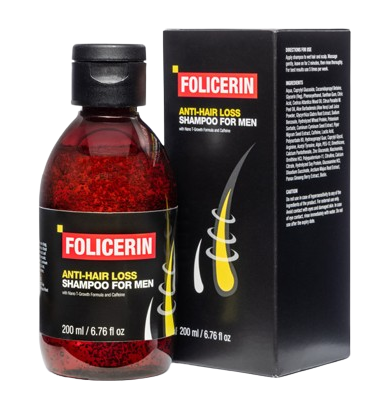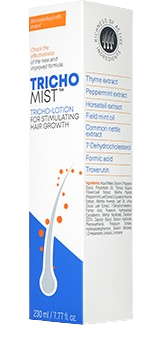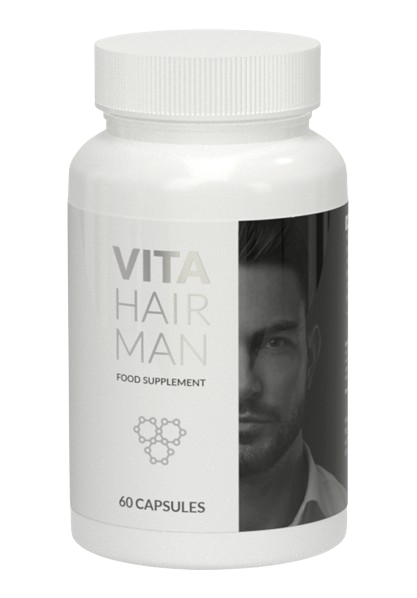"Revitalize Your Hair: Top Solutions for Alopecia"
Alopecia refers to various forms of hair loss, affecting millions worldwide. Understanding the underlying causes can be crucial for those seeking effective hair loss treatments. Many people wonder about the rate of hair growth; on average, hair grows about half an inch per month. However, individual factors such as genetics and health can influence this speed.
If you're asking how to make your hair grow faster, there are several methods worth considering. Nutritional support is fundamental, as a balanced diet rich in vitamins and minerals can significantly impact hair health. Regular scalp massages may also stimulate blood circulation, promoting better hair growth.
For those exploring hair loss cures, topical treatments like minoxidil have shown promise. Additionally, natural remedies, such as essential oils, can provide alternative options for enhancing hair growth. When considering how to grow long hair or how to make your hair grow quickly, patience combined with consistent care is essential.
Here are some popular tips on increasing hair growth:
- Maintain a healthy diet.
- Stay hydrated.
- Limit heat styling tools.
- Use gentle hair products.
- Consider biotin supplements.
In conclusion, while there are many ways to foster quick hair growth and effectively manage alopecia, each person's journey is unique. Adopting the right strategies tailored to your needs can lead to healthier, fuller hair over time.
Alopecia affects many individuals, leading to concerns about hair loss and growth. If you're wondering **how to grow hair fast**, there are several strategies to consider. First, it's essential to understand **how much does hair grow in a month**; on average, hair grows about half an inch, but this can vary based on factors like genetics and health.
To accelerate this process, many turn to a **hair grower**, which can include topical treatments or supplements. Alongside these products, implementing effective **hair growth tips** is crucial. A balanced diet rich in vitamins and minerals supports overall health and, consequently, hair vitality.
If you’re asking yourself, “**why won’t my hair grow**?” it might be due to stress or inadequate nutrition. Knowing **how to help hair grow** involves not just external applications but also lifestyle changes. Here are some **tips** to **promote hair growth**:
- Maintain a healthy diet.
- Stay hydrated.
- Minimize heat styling.
- Massage your scalp regularly.
Many people wonder **how to encourage hair growth** when faced with thinning strands or bald patches. While it's common to feel discouraged if **my hair won’t grow**, patience is vital.
### Comparison of Common Hair Growth Methods
| Method |
Effectiveness |
Timeframe for Results |
| Topical Treatments |
Moderate |
3-6 months |
| Dietary Supplements |
Varies |
3-12 months |
| Scalp Massage |
Low to Moderate |
Immediate but gradual |
If you want to know **how to speed up hair growth**, regular trims can prevent split ends, ultimately leading to healthier hair. When faced with **hair not growing**, consider environmental factors as well. Pollution and harsh chemicals can hinder results.
Identifying **what makes hair grow** is essential; nurturing your follicles through proper care will yield the best results. Remember, there’s no one-size
Alopecia is a condition that can significantly impact one’s confidence and self-image, particularly among women. Hair loss in women can manifest as thinning hair or patches of baldness, leading to concerns about appearance and self-esteem. It's essential to understand the underlying causes and explore effective strategies for addressing this issue. Many individuals wonder, "why doesn’t my hair grow?" or "what makes your hair grow faster?" The answers often lie in genetics, hormonal changes, and lifestyle factors.
To combat hair thinning in women, consider various treatments and lifestyle adjustments. For example, maintaining a nutritious diet rich in vitamins and minerals can speed up hair growth. Incorporating foods high in biotin and omega-3 fatty acids may promote healthier strands. Additionally, certain topical treatments are designed specifically for female hair loss, which can help grow hair and combat thinning.
If you're exploring how to make your hair grow longer or how to get hair to grow fast, various options exist. Regular scalp massages can stimulate blood flow, enhancing faster hair growth. Moreover, avoiding harsh chemical treatments and minimizing heat styling can protect your hair from further damage.
Below is a comparison of some common treatments for alopecia:
| Treatment |
Effectiveness |
Duration |
| Minoxidil |
Moderate |
6 months |
| Finasteride |
High |
3-6 months |
| Platelet-Rich Plasma (PRP) |
High |
4-6 weeks |
In the UK, resources like NHS hair loss services offer valuable information regarding treatments available for female hair loss. Various support groups, such as Alopecia UK, provide community support and insights into coping with the emotional aspects of baldness. While there is no definitive cure for baldness, ongoing research and innovative treatments continue to emerge. Understanding these options can empower those affected by hair loss, helping them navigate the journey toward fuller, healthier hair.
Alopecia encompasses various conditions that lead to hair loss, affecting both men and women. Among women, thinning hair is a common concern, often resulting in distress. Understanding the causes of hair loss in women can be pivotal for those seeking effective solutions. Factors such as hormonal changes, genetics, stress, and nutritional deficiencies can contribute to this issue. For many, finding hair loss help is essential, and addressing these root causes is a crucial step towards regaining confidence.
Different types of alopecia include alopecia areata, which may cause bald patches, and androgenetic alopecia, commonly seen as male pattern baldness. The NHS provides valuable resources regarding these conditions, offering insights into potential treatments. Women experiencing hair thinning can explore various hair loss treatments specifically designed for them, including topical applications and hair loss tablets.
Here’s a comparison of some common treatments:
| Treatment |
Type |
Target Group |
| Minoxidil |
Topical Solution |
Women & Men |
| Finasteride |
Oral Medication |
Men |
| Hair Transplant |
Surgical Procedure |
Men & Women |
To address why hair is falling out, it’s beneficial to consult with healthcare professionals. They can provide personalized advice and determine the most suitable alopecia treatment. Many seek answers through "baldness talk" in forums and support groups, fostering community and shared experiences. Additionally, lifestyle changes, such as improving nutrition and managing stress, can serve as preventative measures. Ultimately, understanding how to stop hair loss and exploring all available options empowers individuals facing hair loss challenges.
Alopecia is a condition that affects many individuals, leading to noticeable hair loss. Understanding what causes hair loss is essential for both men and women. Factors can range from genetics and hormonal changes to stress and nutritional deficiencies. For example, postpartum hair loss is a common concern for new mothers, as indicated by resources such as the NHS. Recognizing these triggers helps in addressing the issue effectively.
For women experiencing hair loss, it's crucial to explore how to prevent hair loss through various methods. Nutritional support, including vitamins and minerals, plays a significant role in maintaining healthy hair. Additionally, lifestyle changes can contribute positively. To help your hair grow, consider natural remedies and treatments that stimulate the scalp. Many wonder, "How do I make my hair grow?" The answer lies in consistent care and understanding what helps your hair grow.
If you're looking for ways to achieve longer locks, here are some tips:
- Maintain a balanced diet rich in proteins.
- Stay hydrated to promote overall health.
- Minimize heat styling to prevent damage.
- Use gentle hair care products.
Comparing different hair care practices reveals varied results.
| Method |
Effectiveness |
| Regular trims |
Helps prevent split ends |
| Scalp massages |
Stimulates blood flow |
| Essential oils |
Promotes growth |
Many seek answers to questions like, "How to make ur hair grow faster?" or "What makes hair grow faster?" While genetics play a role, consistent care and proper nutrition can significantly influence the outcome. Patience is key; understanding how long to grow hair varies per individual. Ultimately, dedication and the right strategies will help you grow hair fast and achieve those long, beautiful tresses.
